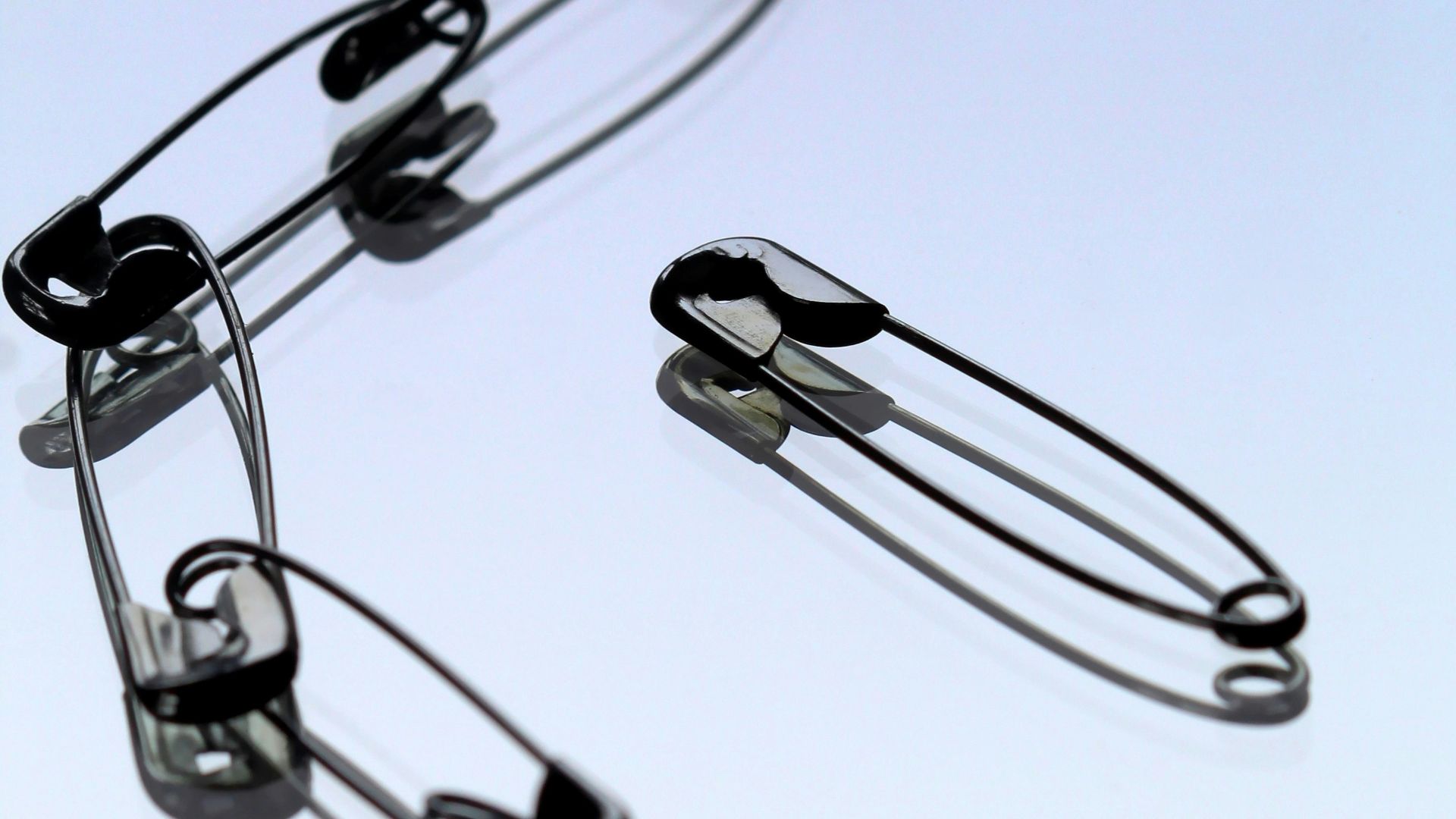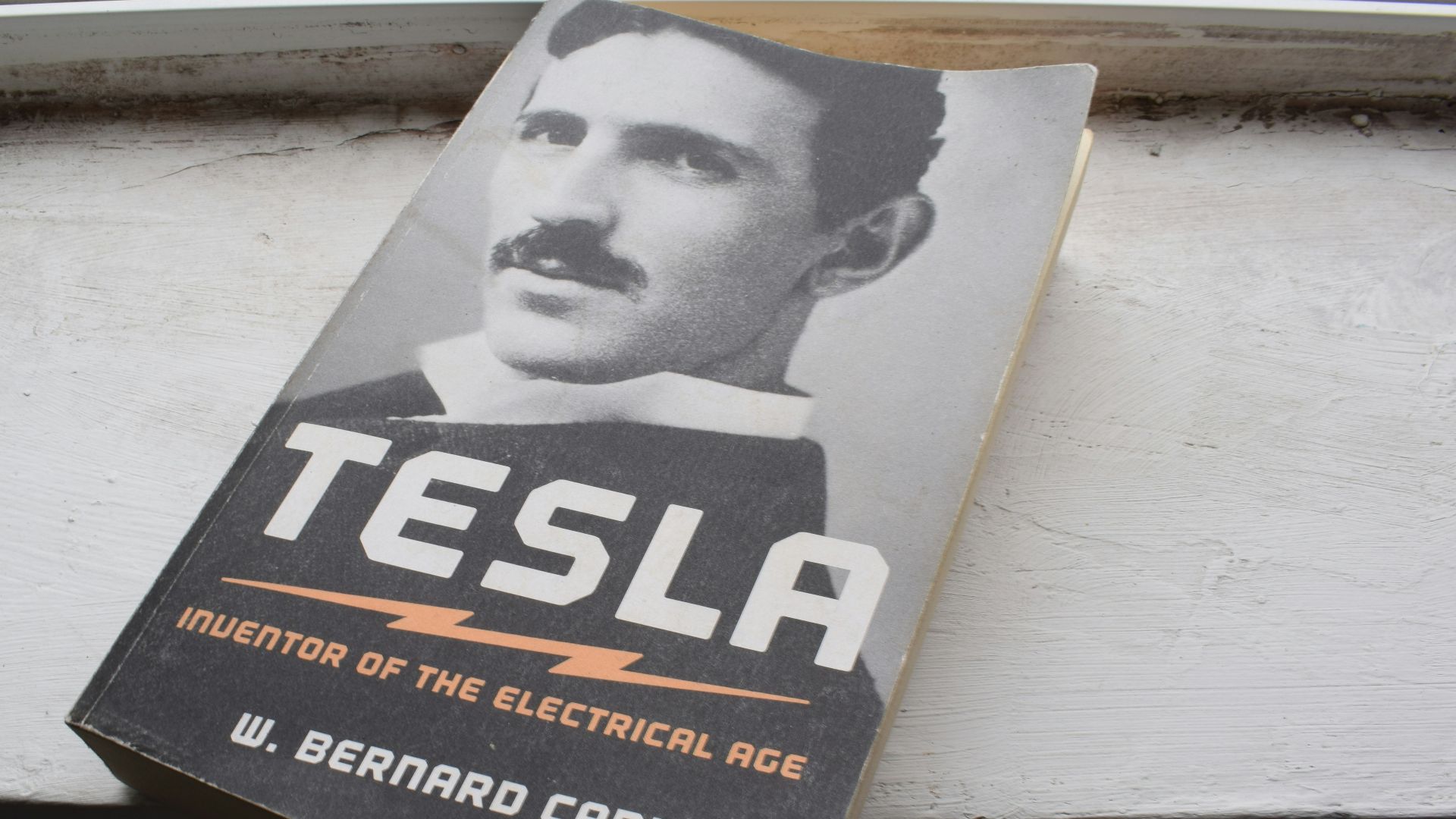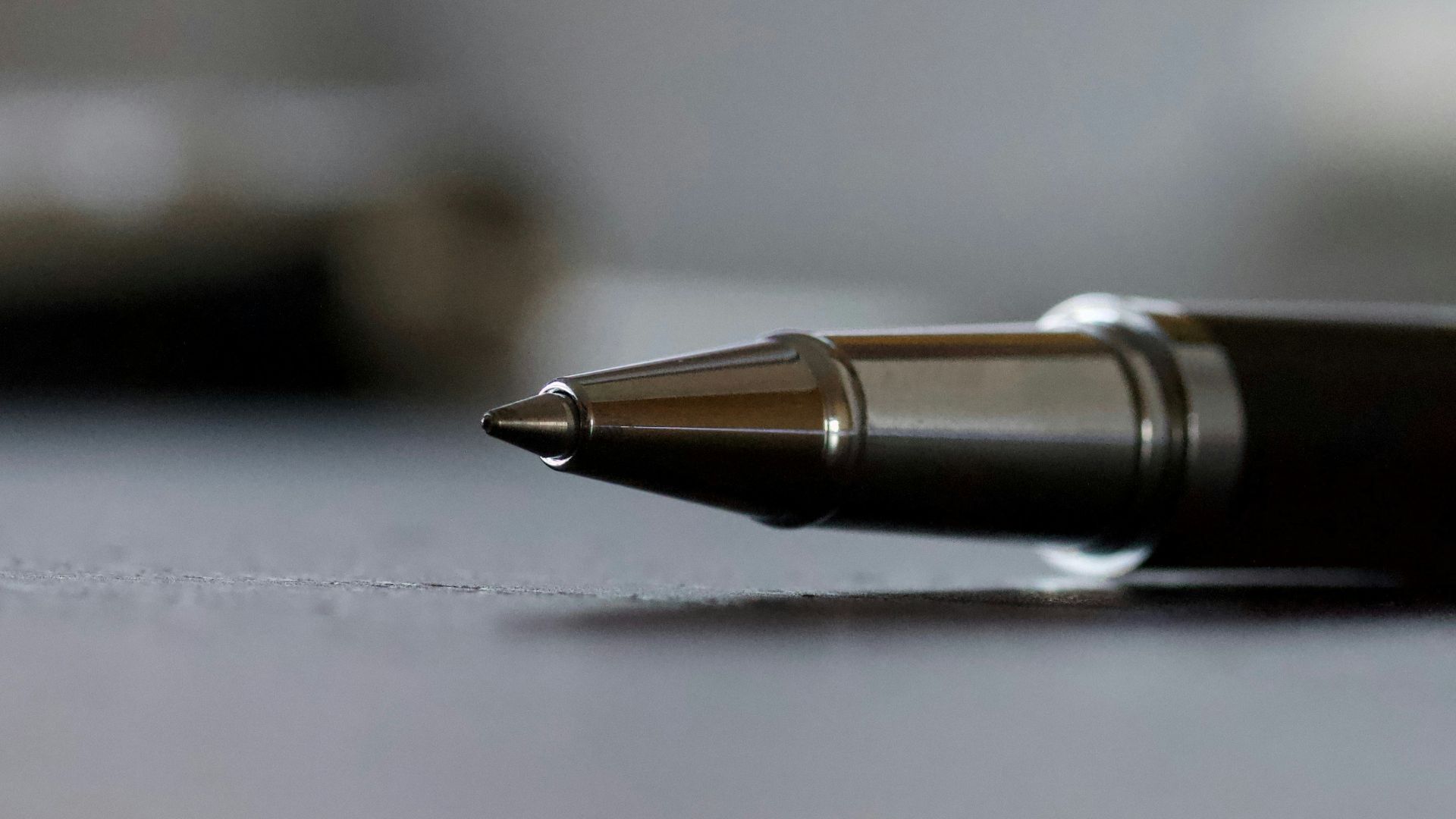20 Brilliant Inventors Who Never Profited From Their Own Creations
Life Isn’t Always Fair
Some of the greatest inventions in history were made by some of the least recognized inventors. Brilliant minds have come up with ideas that changed the world and improved everyday life but were never able to earn the money that their innovations were worth. So with that in mind, here are items you’re probably using, but unfortunately, the inventor didn’t profit from.
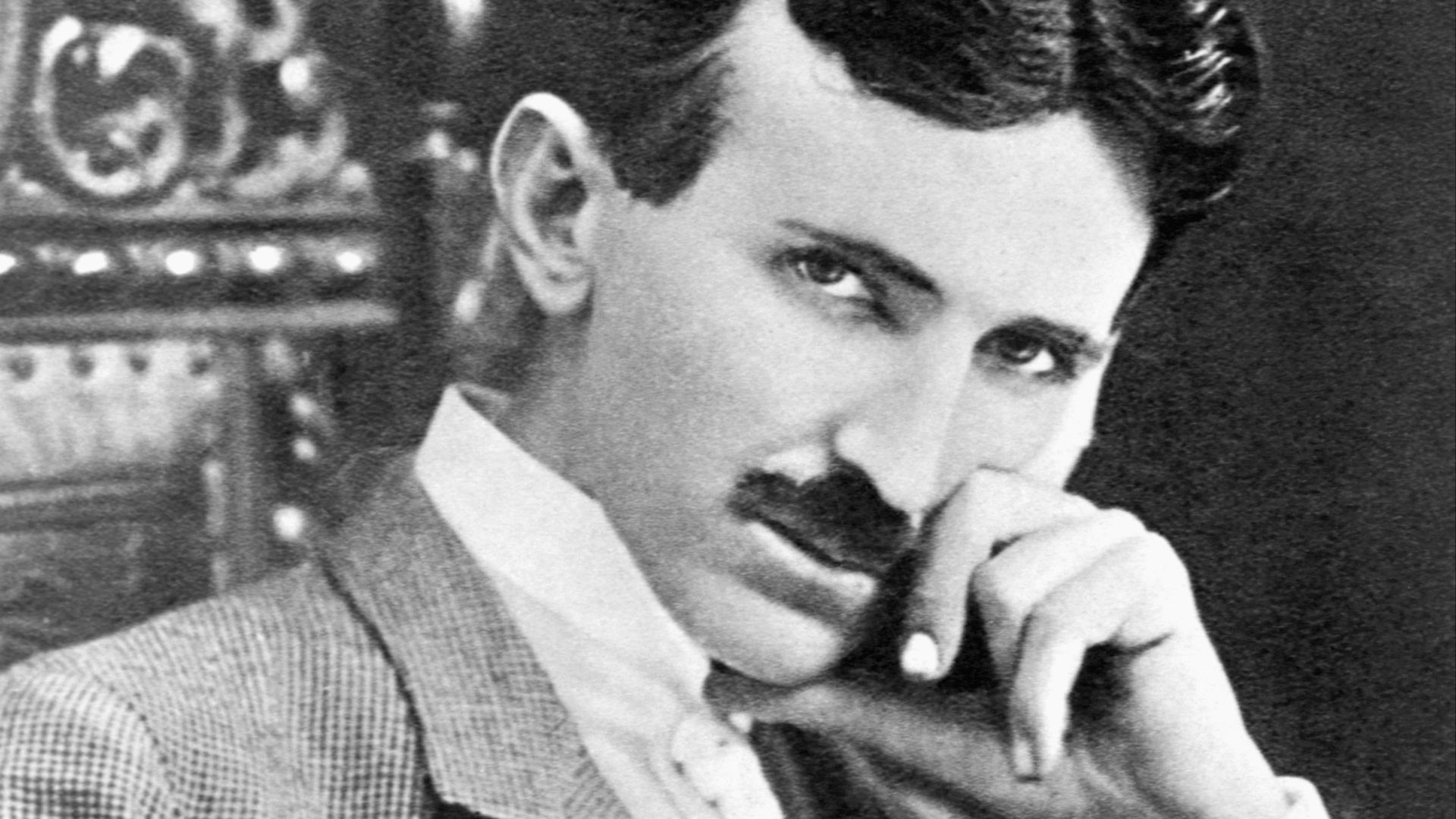 Unknown authorUnknown author on Wikimedia
Unknown authorUnknown author on Wikimedia
1. Philo Farnsworth
Philo Farnsworth was an American inventor. He is best known for inventing the first completely functional electronic television system in the 1920s. Farnsworth barely profited from his patents, and his legal battles with huge companies such as RCA bankrupted him. He passed away a frustrated man, feeling his life's work had been eclipsed by others.
2. Daisuke Inoue
Daisuke Inoue is the man behind the first karaoke machine, invented in 1971 to allow his clients to sing along to music in the background. He refused to patent his idea, instead viewing it as a novelty product to help people, and never profited hugely from karaoke, even though it went on to become a major worldwide craze.
3. Jonas Salk
Jonas Salk created the first polio vaccine that was proven to be effective, saving millions of lives all over the world. Despite the almost inconceivable value of his work, Salk famously responded to questions about patenting the vaccine with the words, “Could you patent the sun?”
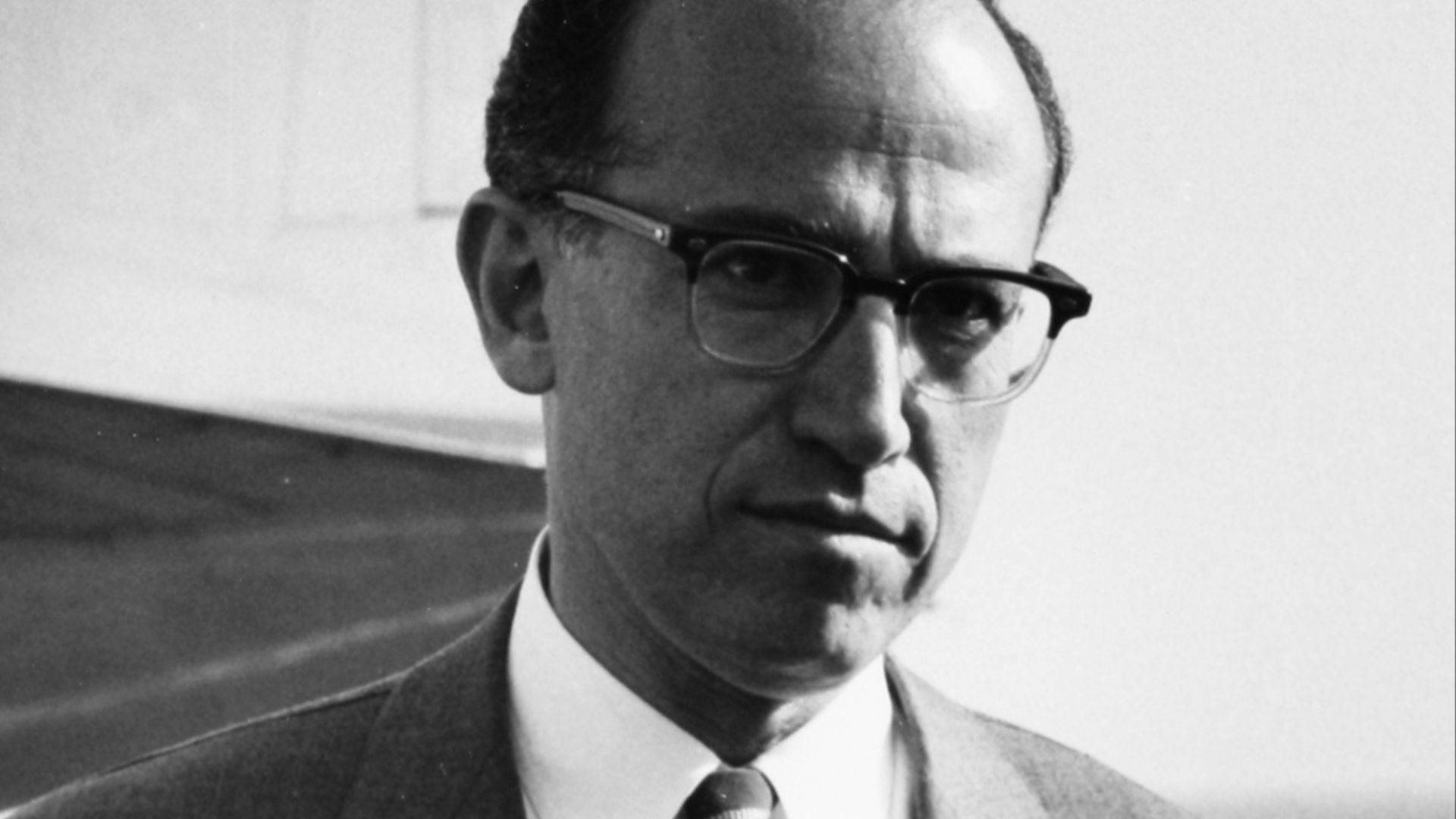 SAS Scandinavian Airlines on Wikimedia
SAS Scandinavian Airlines on Wikimedia
4. Solomon Linda
Solomon Linda was a South African musician who composed the song Mbube, which went on to be developed into “The Lion Sleeps Tonight,” one of the most well-known songs in the world. Despite the song’s legacy, Linda only ever made pennies from it, and his family took years to finally receive any credit.
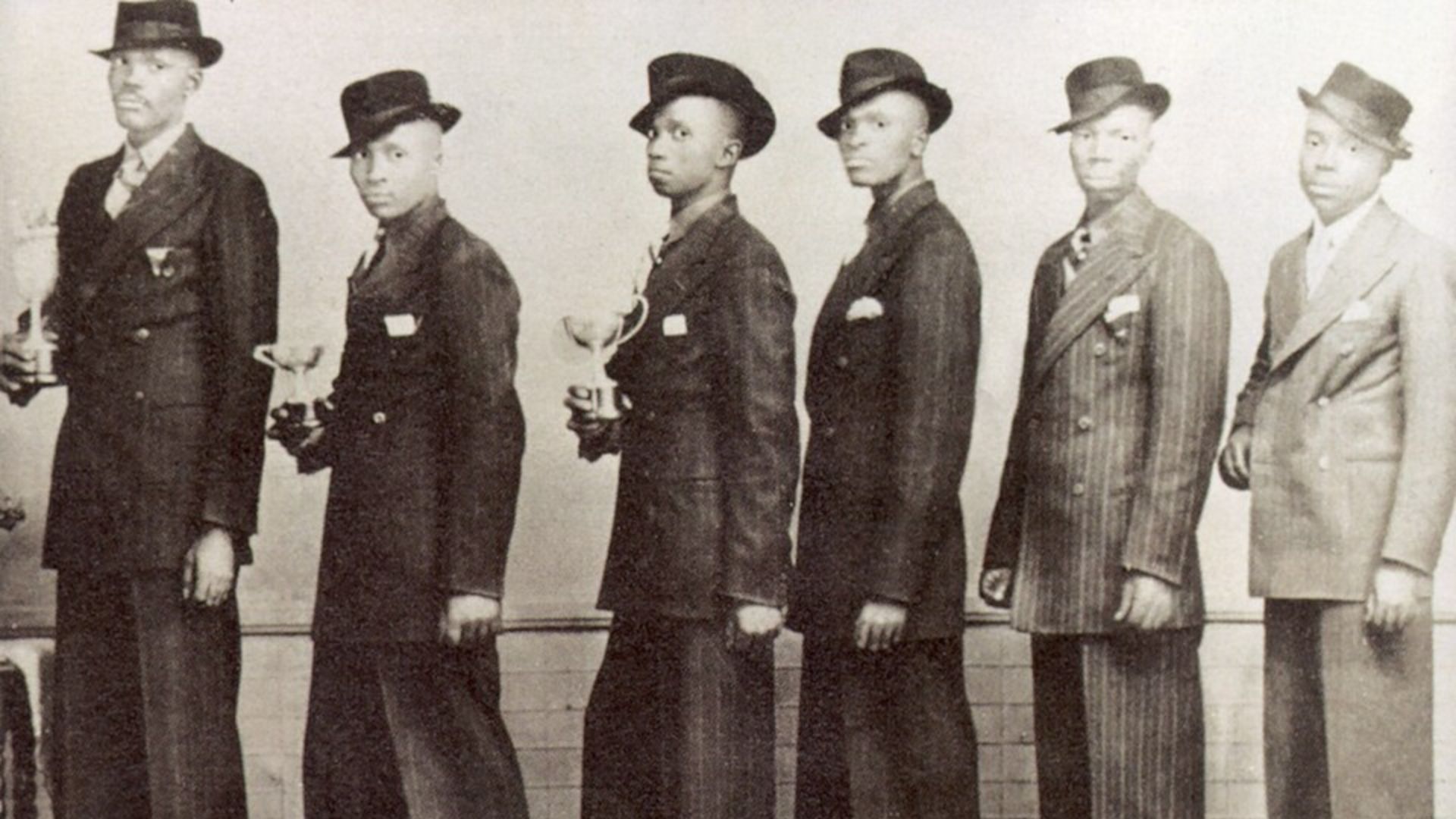 Unknown authorUnknown author on Wikimedia
Unknown authorUnknown author on Wikimedia
5. John Walker
English chemist John Walker accidentally invented the friction match in 1826 while working in his laboratory and experimenting with different chemicals. He refused to patent his idea because he believed that it was just a simple experiment. He never made much money from his matches since others copied his idea and it became a must-have product worldwide.
6. Walter Hunt
Walter Hunt was an American inventor responsible for the creation of many modern conveniences, such as the safety pin and early versions of the sewing machine and fountain pen. He sold the patent for the safety pin for a small amount to pay off a debt and never became rich from any of his many successful inventions.
7. Pearle Wait
Pearle Wait was a carpenter and amateur inventor who combined gelatin and fruit flavoring to create a precursor to the modern gelatin dessert. He came up with the name Jell-O but was unable to market it himself and eventually sold the rights to someone else for only a few hundred dollars. The product would go on to make millions for others.
8. Harvey Ball
Harvey Ball designed the classic yellow smiley face in 1963, a simple yet instantly recognizable and ever-popular symbol that can now be found almost everywhere. He was paid a measly $45 by the small company he was working for to create it to boost morale, and the company never bothered to copyright it.
9. John Pemberton
Atlanta pharmacist John Pemberton created the Coca-Cola drink in the late 19th century as a sort of medicinal tonic. He was penniless and struggling at the time, so he sold the rights to the formula before it became a massive success. He passed away before he had the opportunity to see his product become one of the most valuable brands in the world.
10. Marie Curie
The famous Marie Curie discovered the elements polonium and radium and conducted important research in radioactivity. She never patented or profited from any of her discoveries because she believed scientific advancements should be used to better humanity. She was awarded two Nobel Prizes and is respected all over the world for her selfless, important work.
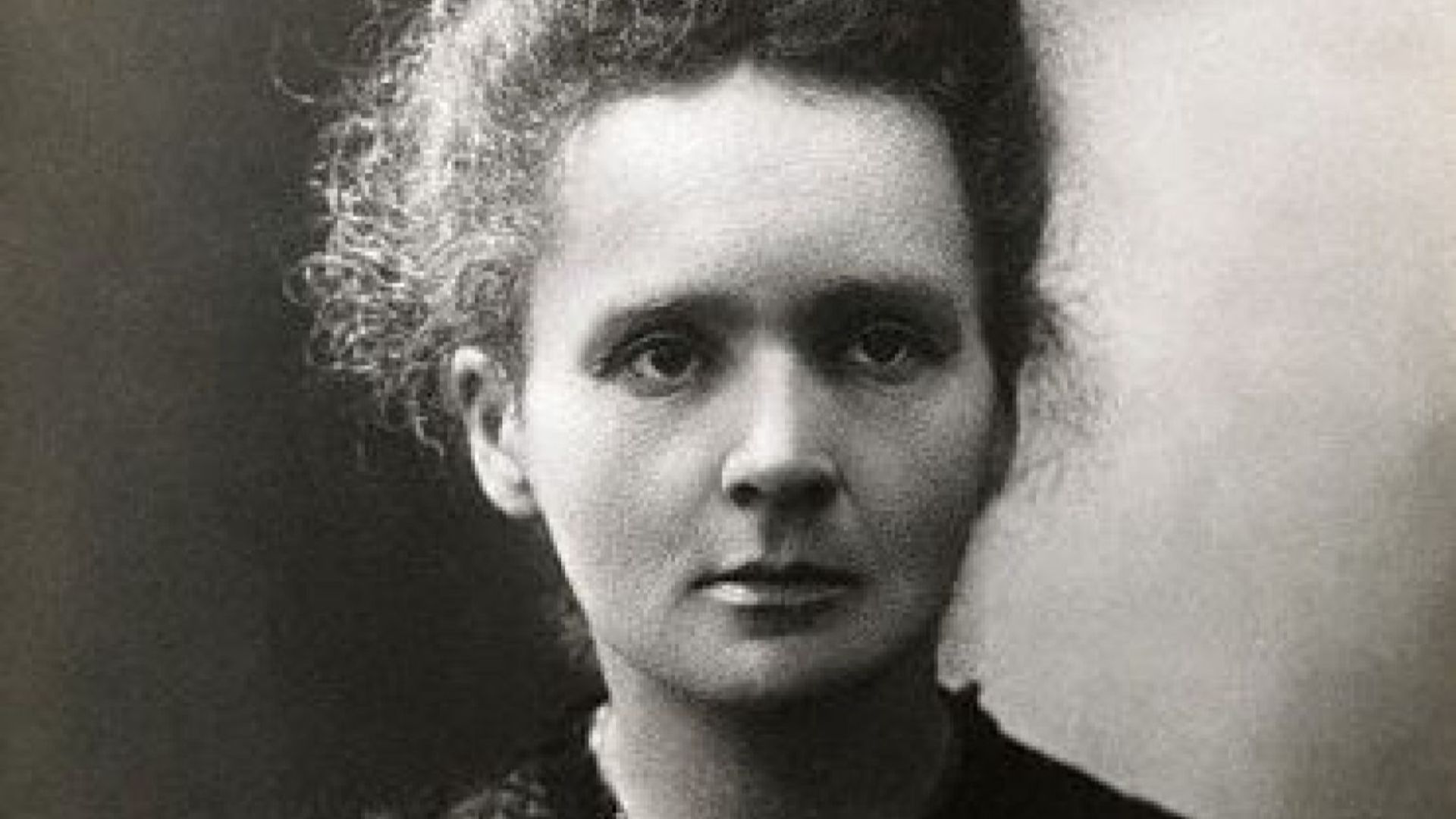 Unknown authorUnknown author on Wikimedia
Unknown authorUnknown author on Wikimedia
11. Trevor Baylis
Trevor Baylis created the wind-up radio to bring information to people in areas without electricity, specifically in Africa. The invention was lauded for its humanitarian potential, but poor patent protection meant that Baylis made little money from it. He advocated for inventor rights for the rest of his life.
12. Franz Reichelt
Franz Reichelt was a tailor who worked on creating an early form of a parachute suit. He ultimately passed away while testing it on himself by leaping off the Eiffel Tower in Paris, hoping it would land him safely on the ground. His ideas were later used in the development of the actual parachute.
13. Nick Holonyak Jr.
Nick Holonyak Jr. created the first visible LED light in 1962. This eventually led to the development of LEDs that we use today for lighting, displays, signs, and much more. He was involved in the creation of much modern technology but profited very little from it, viewing his work as more of a contribution to science as a whole than a personal fortune.
14. Stephen Perry
Stephen Perry patented the rubber band in 1845 while working for a rubber company in London. The invention became essential for bundling and holding many different things together. However, he was just an employee, and the company took all the profits for itself, not the inventor.
15. Tim Berners-Lee
Tim Berners-Lee invented the World Wide Web in 1989, creating the system of hyperlinks and pages that make up the internet we all know and use today. Instead of patenting the web and restricting its use, he made it freely available to all of humanity. This allowed it to grow as a major modern technology, but he profited very little from it.
16. Alexey Pajitnov
Alexey Pajitnov invented the puzzle game Tetris in 1984 while working for the Soviet government. Because of Soviet laws at the time, he did not initially own the rights to Tetris and did not receive royalties for a long time. By the time the rights were returned to him, Tetris was a worldwide phenomenon and the profits had already gone to others.
17. Nikola Tesla
Nikola Tesla was an inventor whose ideas and work laid the groundwork for alternating current electricity, radio waves, and wireless technology. He gave many of his patents away for a small amount of money and often had no money to support himself. Tesla passed away a pauper, but his work still powers the modern world.
18. Douglas Engelbart
Douglas Engelbart was an American engineer and inventor who created the computer mouse and developed many other now-fundamental computing concepts, such as graphical interfaces and hyperlinks. Although Engelbart patented the mouse in 1970, the patent was almost entirely unprofitable, as his employer SRI International licensed it for only a nominal sum. Engelbart changed technology with his ideas, but his wealth did not follow.
19. László Bíró
László Bíró was the inventor of the modern ballpoint pen. He observed how newspaper ink dried quickly and hypothesized that the same method could be used in pen ink. He and his brother developed a functional ballpoint pen but sold the patent for very little money due to wartime pressures. The pen became a huge success and much more profitable for others.
20. Nils Bohlin
Nils Bohlin, a Swedish engineer working for Volvo, created the modern three-point seat belt for cars in 1959. The design is used worldwide and has undoubtedly saved countless lives by keeping people in place during accidents. Volvo made the patent freely available to all other car manufacturers to help people, so both Bohlin and Volvo did not profit from it at all.
KEEP ON READING
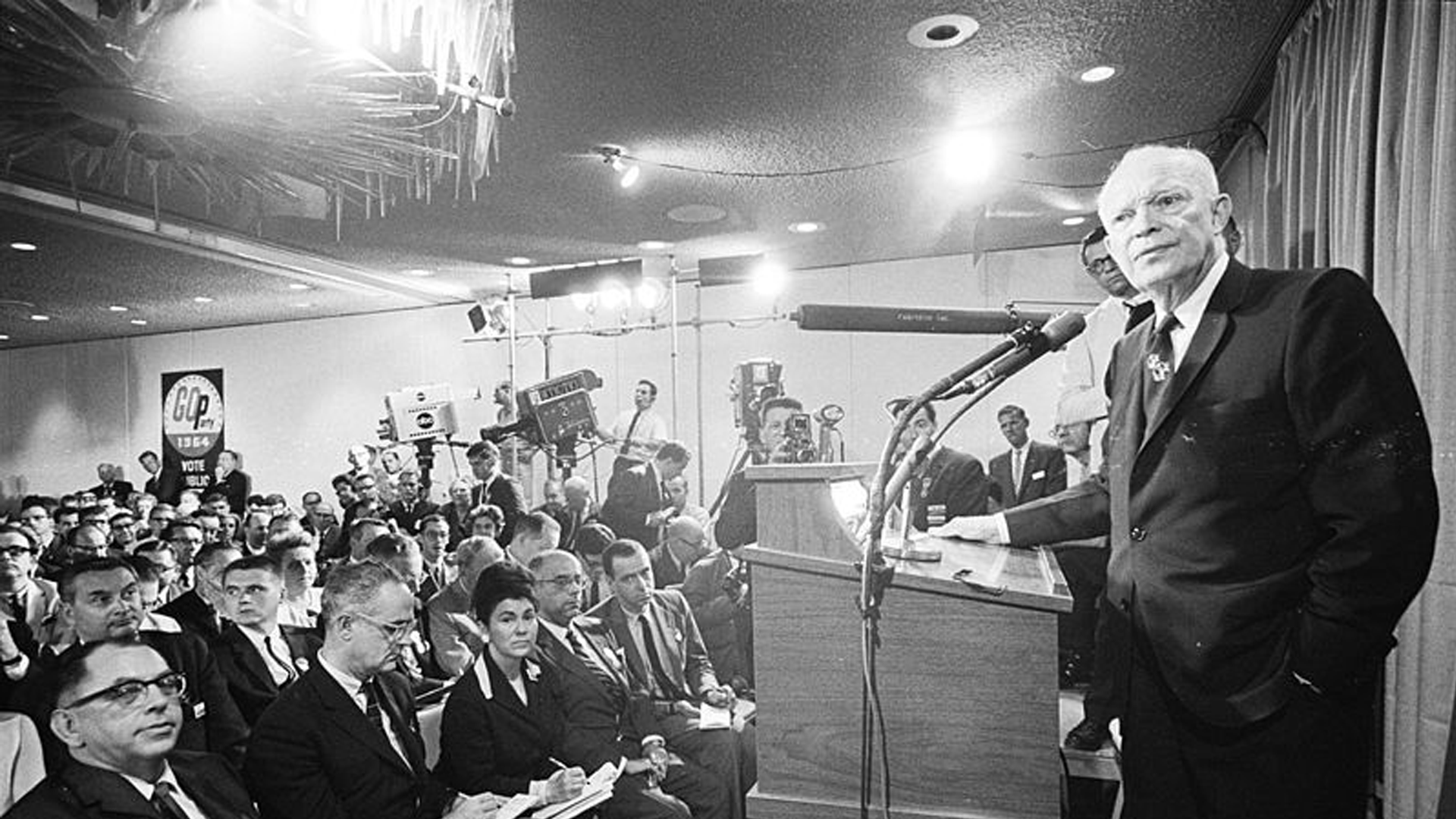
20 Important Names From World War II You Should Know
Key Players From World War II (For Good or Bad).…
By Cathy Liu Nov 7, 2024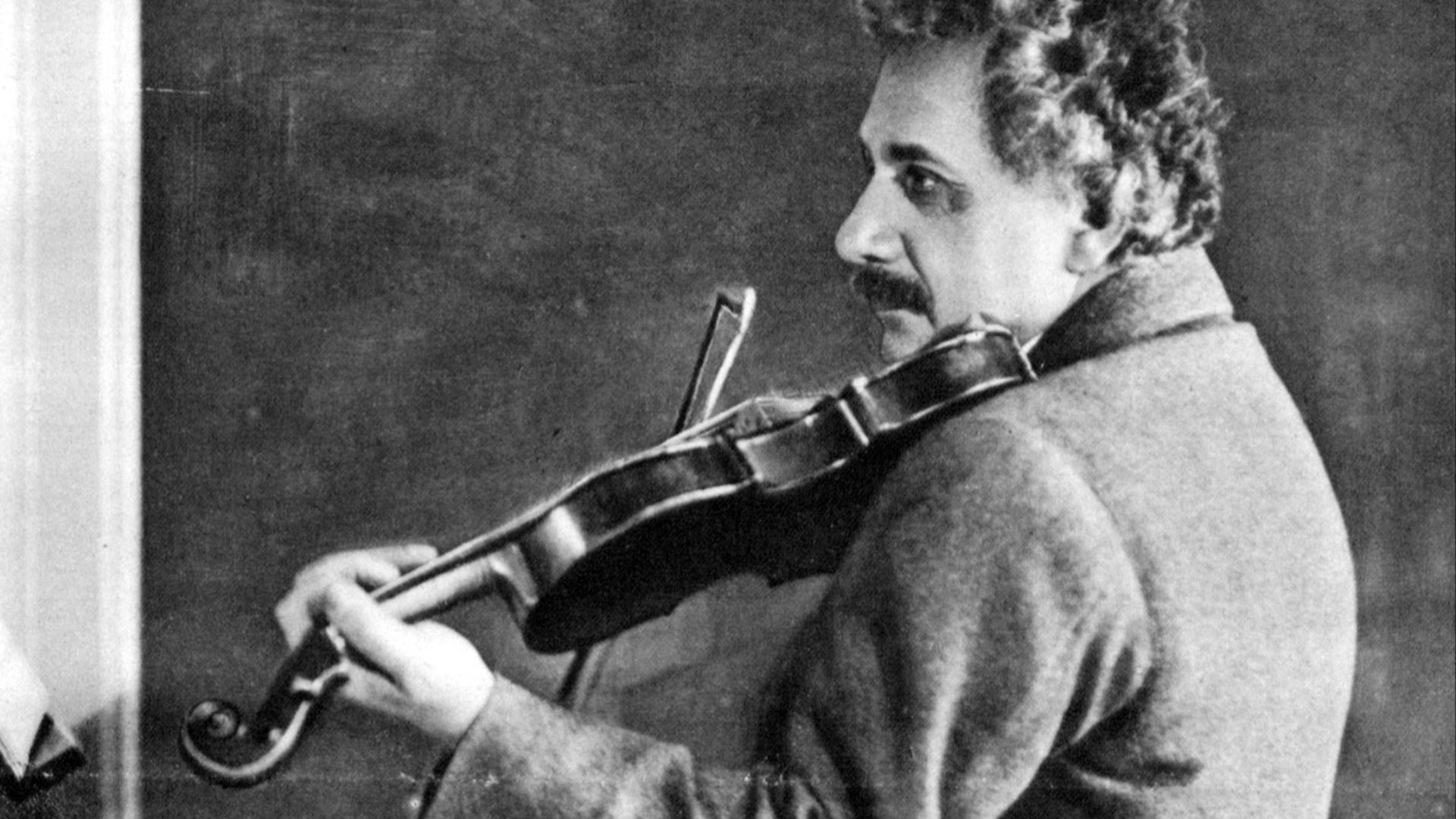
Einstein's Violin Just Sold At An Auction—And It Earned More…
A Visionary's Violin. Wanda von Debschitz-Kunowski on WikimediaWhen you hear…
By Ashley Bast Nov 3, 2025
20 Brilliant Inventors Who Never Profited From Their Own Creations
Life Isn’t Always Fair. Some of the greatest inventions in…
By Farva Ivkovic Nov 4, 2025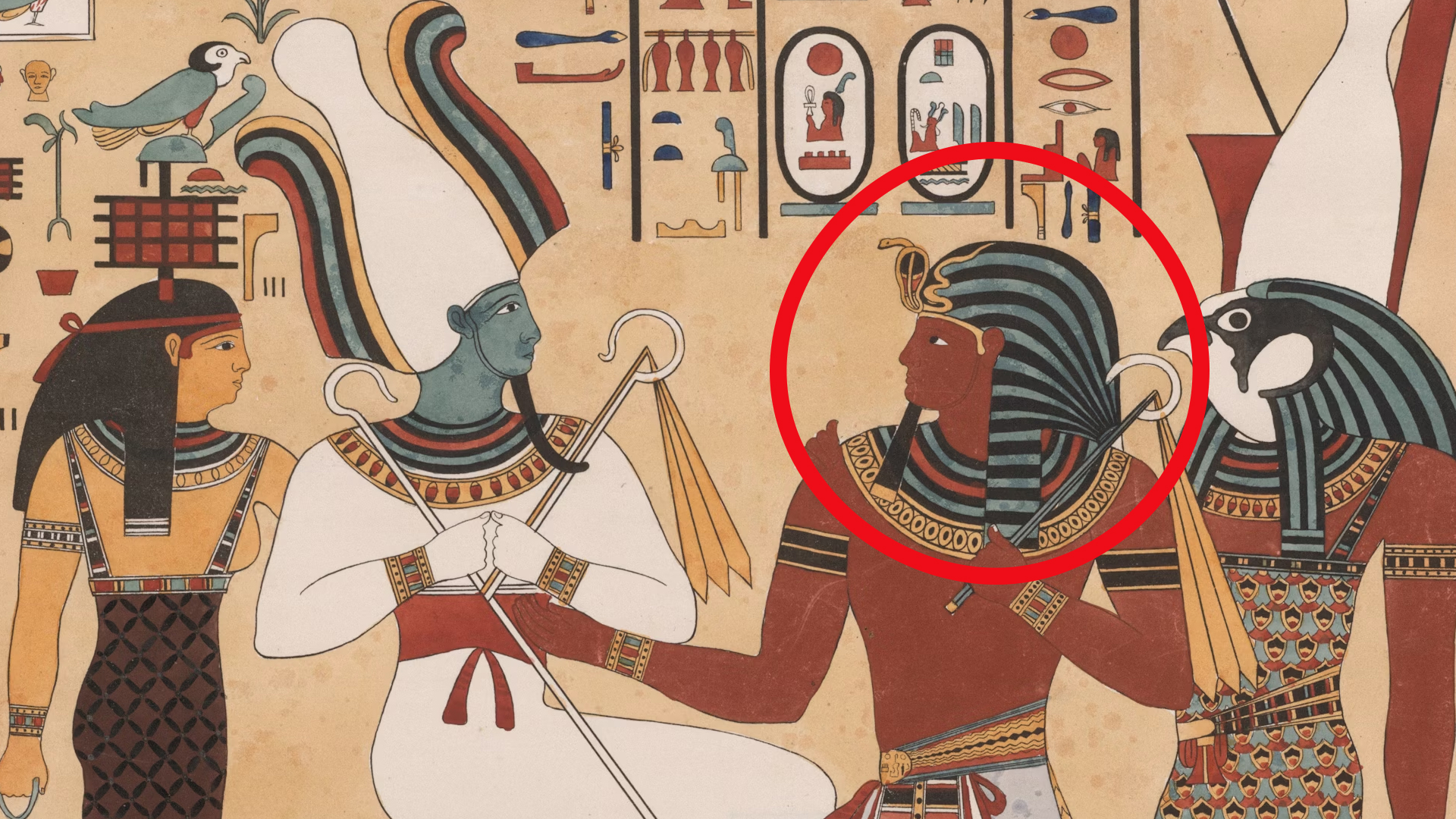
The Mysterious "Sea People" Who Collapsed Civilization
3,200 years ago, Bronze Age civilization in the Mediterranean suddenly…
By Robbie Woods Mar 18, 2025
20 Inventors Who Despised Their Creations
Made It… Then Hated It. Inventors often dream big, but…
By Chase Wexler Aug 8, 2025
20 Incredible Items In The British Museum People Say Were…
Mystery In History. The mighty halls of the British Museum…
By Chase Wexler Sep 8, 2025




